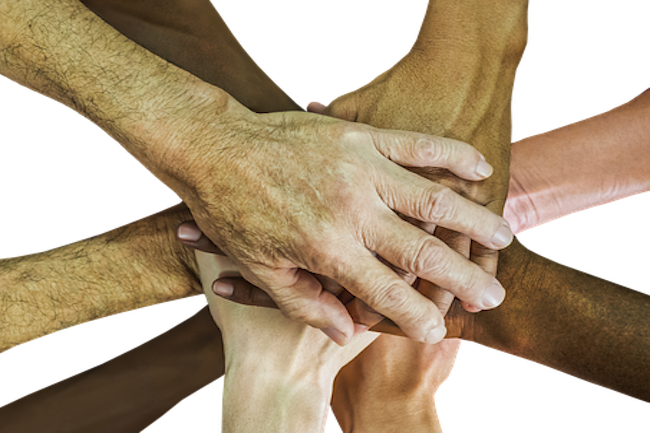Is Buying Stuff the Best Way to Help the Poor? by Greg Phelan for The Gospel Coalition
According to what I’ve heard, improving a country’s GDP is more important than any form of aid. Does that mean that, in order to most obey Jesus’s commands to love the poor, I should buy products and services—particularly those produced by the less advantaged? Let’s say, for example, that I have $100 and I live in the Middle East. What is more helpful—to give the $100 to a charity that helps refugees in my country or to take that $100 to a locally owned-and-run supermarket and buy the desserts they make and sell there?
This question plagues me. It seems counterintuitive that the best way for me to help the poor is to buy stuff from them. That’s not intuitively how any of us interpret Jesus’s commands, but if it is the case, it raises a host of issues about what effective generosity really is.
Between 1990 and 2013, the number of people in extreme poverty fell by nearly 1.1 billion, even as the world’s total population expanded by nearly 1.9 billion. Was this the result of aid or development policy from Western governments and NGOs? No. Without a doubt, the single most important factor in lifting over a billion people out of poverty was sustained economic growth—rising Gross Domestic Product (GDP) in countries with substantial poverty.
If rising GDP has done more to decrease poverty than any charity or aid program, how does one best leverage one’s personal finances to help the poor? Is buying stuff in order to raise GDP the most faithful way to obey Jesus’s commands to love the poor? As with most important things, the answer can be complex.
Suppose you concluded that you should spend money to increase GDP. There are multiple ways to do that, but they aren’t all equal. Consider the following ways to spend $1:
- Spend $1 on ice cream and eat it yourself.
- Spend $1 on ice cream, then find a poor person who couldn’t afford to buy ice cream and give it to them to eat.
- Give $1 to that poor person and tell them, “Spend it however you want.”
Each of those options will likely increase GDP by the same amount, but in terms of generosity No. 2 is better than No. 1, and No. 3 may be best of all. In No. 3, the poor people may spend the dollar on ice cream, or they may spend it on something that is even more useful to them. Indeed, they may invest in growing their personal business, on provisions for their future, or on things that lead to better health outcomes for themselves or their families. (There is lots of research on the effectiveness of “unconditional cash transfers.”)




